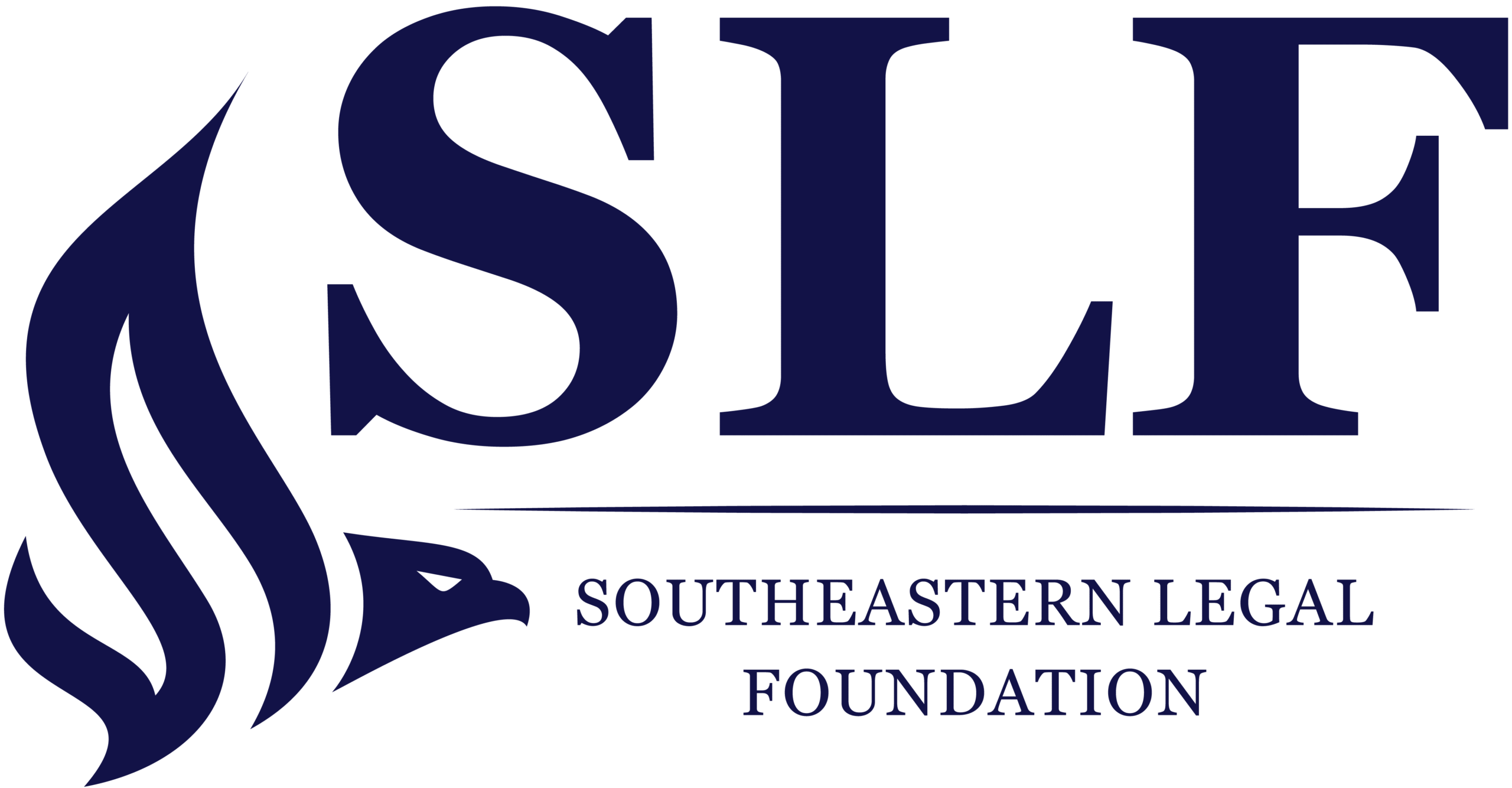Southeastern Legal Foundation (SLF) and the Defense of Freedom Institute filed an amicus brief supporting Relentless and Huntress, Inc., two small commercial fishing businesses, in their request that the Supreme Court to accept their case for review. This case involves a rule enacted by the National Marine Fisheries Service (NMFS). Under it, Herring fishermen like Relentless and Huntress to have federal monitors on their boats, and then pay for it, even though Congress never specifically authorized this action.
Read More
NMFS proposed the rule in light of what it called “budget uncertainties” that would inhibit NMFS from paying for its own observers. Even though Congress never gave NMFS this power, the lower courts deferred to NMFS’s interpretation of the permissible scope of its own powers. Under the Magnuson-Stevens Act, Congress had only authorized NMFS to enact “necessary and appropriate regulations,” but that cannot mean NMFS has unlimited authority. The challenge was brought by the New Civil Liberties Alliance.
SLF urged the Supreme Court to accept this case. Allowing agencies to determine the scope of their own powers runs straight into separation of powers problems. And when Congress delegates the rulemaking function to agencies using cryptic and open-ended phrases, the problem is far more acute. The Supreme Court should use this case as an opportunity to place guardrails on agency overreach.
This is SLF’s most recent action taken to protect American fishermen from regulatory overreach on the part of National Marine Fisheries Service (NMFS). SLF recently filed comments challenging NMFS authority to set a speed limit and curfew on boaters in the Florida Gulf, a move criticized by SLF as “illegal and unconstitutional.”
